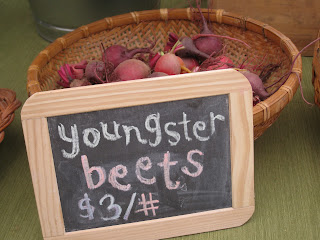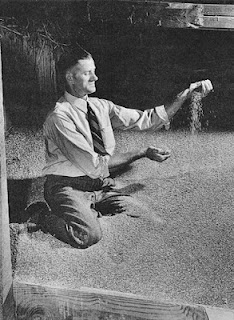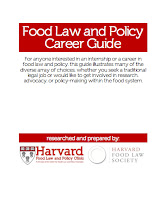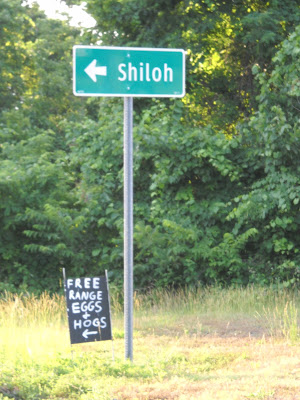A Tale of Two Markets: Part II, Newton County, Arkansas

? ? In my prior post about the farmers markets in Telluride and Mountain Village, Colorado, I promised to compare and contrast those markets with the one in Jasper, Arkansas , my home town. Both places are similar in some ways, dramatically different in others. First, both are rural/nonmetropolitan by most ecological measures, e.g., population density and size. Indeed, both have similar total populations-- San Miguel County just over 7000, and Newton County just over 8000. Both are also mountain towns (San Juans of the Rockies on one hand, Ozarks on the other), which benefit from ecotourism. In fact, both are amenity rich in terms of outdoor activities, but Telluride has many more "built" amenities, and is quite cosmopolitan culturally. This distinction and the crowd each county attracts is reflected in the annual accommodation and food service sales for 2007: $77 million in San Miguel County, $3.2 million in Newton County. That and the relative affluence are also





